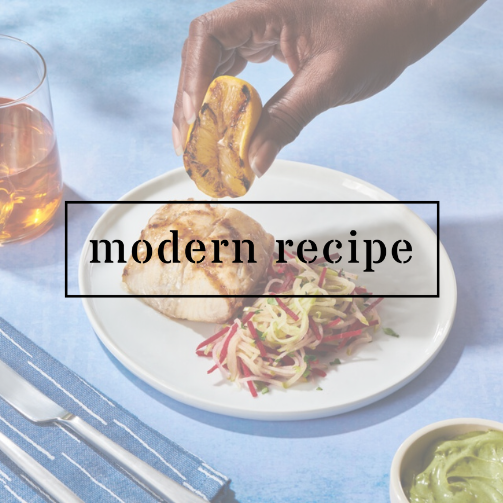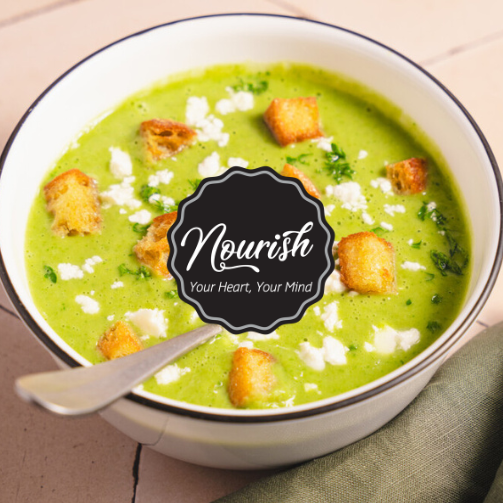5,402
dieticians employed by Sodexo worldwide
Making healthy habits last
When it comes to eating healthier, you shouldn’t have to sacrifice taste. Because to make healthier habits stick, it’s essential that you enjoy them! That’s why our dietitians play a critical role in ensuring the meals we serve satisfy our guests’ preferences and make the healthy choice, the easy choice. Our nutritionists help us create healthy, balanced meals adapted to guests’ lifestyles and the diversity of their tastes around the world.

.png?h=503&iar=0&w=503)





